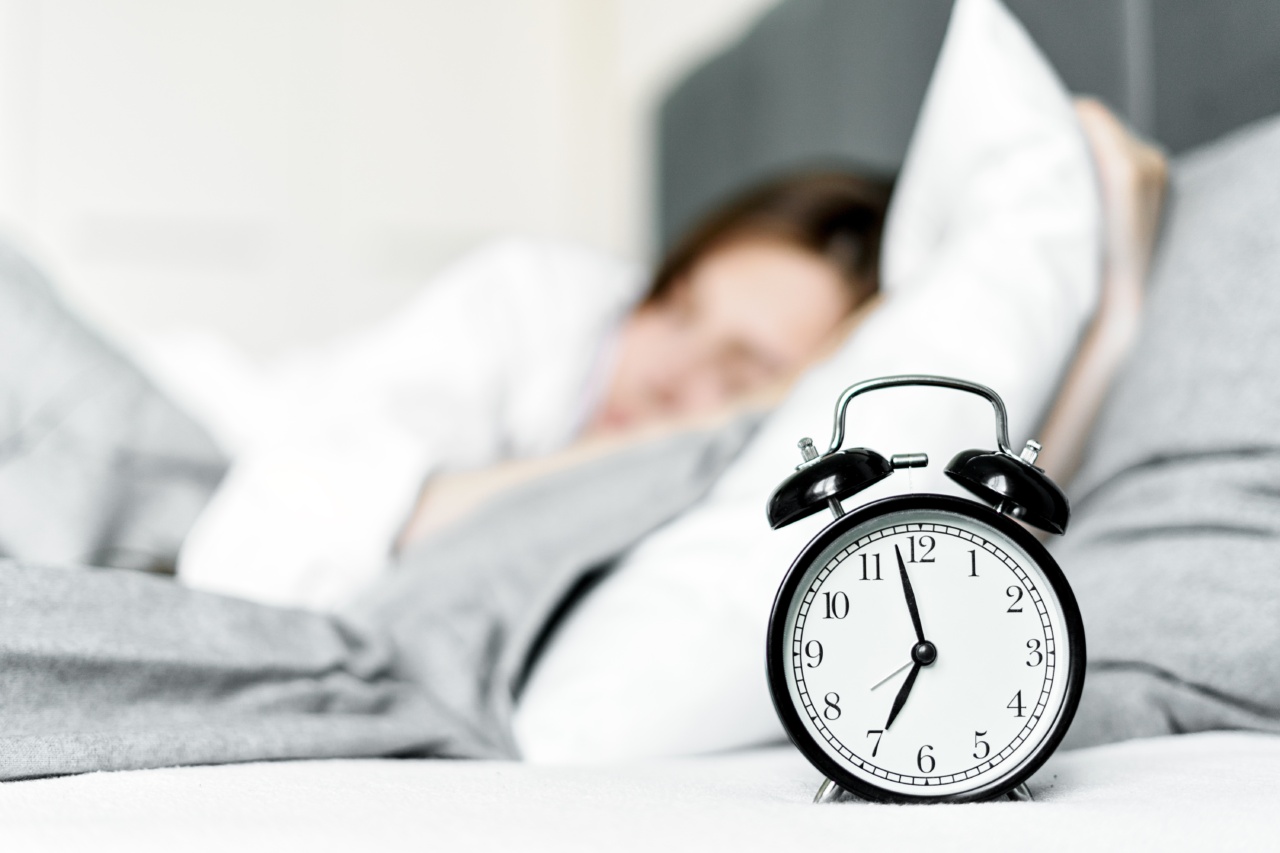A new study has found that men who sleep for less than six hours a night are at a significantly higher risk of stroke than those who sleep for longer.
The research, which was conducted by scientists in Japan, highlights the importance of getting a good night’s sleep, particularly for men who may be at greater risk of cardiovascular disease.
The Study
The study involved over 5,000 men aged between 20 and 80, who were followed for up to eight years. The men were asked to record their sleeping habits and were then monitored for any incidence of stroke.
The results showed that men who slept for less than six hours a night were at a 70% higher risk of stroke than those who slept for six to eight hours. Those who slept for more than eight hours a night were not found to be at any greater risk.
Why Is Sleep Important?
Getting a good night’s sleep is essential for overall health and well-being, but it is particularly important for cardiovascular health. During sleep, the body repairs and regenerates tissues, including those in the heart and blood vessels.
Lack of sleep can lead to a range of health problems, including obesity, diabetes, high blood pressure, and cardiovascular disease.
Sleep and Stroke Risk
The link between sleep and stroke risk has been studied extensively in recent years. Studies have found that people who get less than six hours of sleep a night are at a higher risk of stroke than those who get a good night’s sleep.
This is thought to be because lack of sleep can lead to hypertension, a major risk factor for stroke.
There are several other factors that may contribute to the link between sleep and stroke risk.
These include disrupted sleep patterns, sleep apnea, and the use of sleeping pills, all of which can affect the body’s natural circadian rhythm and disrupt the sleep-wake cycle.
How Much Sleep Do Men Need?
The amount of sleep a person needs can vary depending on age, lifestyle, and individual needs. However, the National Sleep Foundation recommends that adults (including men) should aim for between seven and nine hours of sleep a night.
Improving Sleep Habits
If you are having trouble sleeping, there are several things you can do to improve your sleep habits. These include:.
- Establishing a regular sleep routine and sticking to it
- Avoiding caffeine, nicotine, and alcohol before bedtime
- Creating a relaxing sleep environment, with comfortable bedding and a quiet, dark room
- Avoiding screen time (television, smartphones, computers, etc.) for at least an hour before bedtime
- Getting regular exercise, but avoiding vigorous activity close to bedtime
Conclusion
The new study highlights the importance of getting a good night’s sleep, particularly for men who may be at greater risk of stroke.
It is recommended that adults aim for between seven and nine hours of sleep a night, and that sleep hygiene practices are followed to improve the quality of sleep.






























